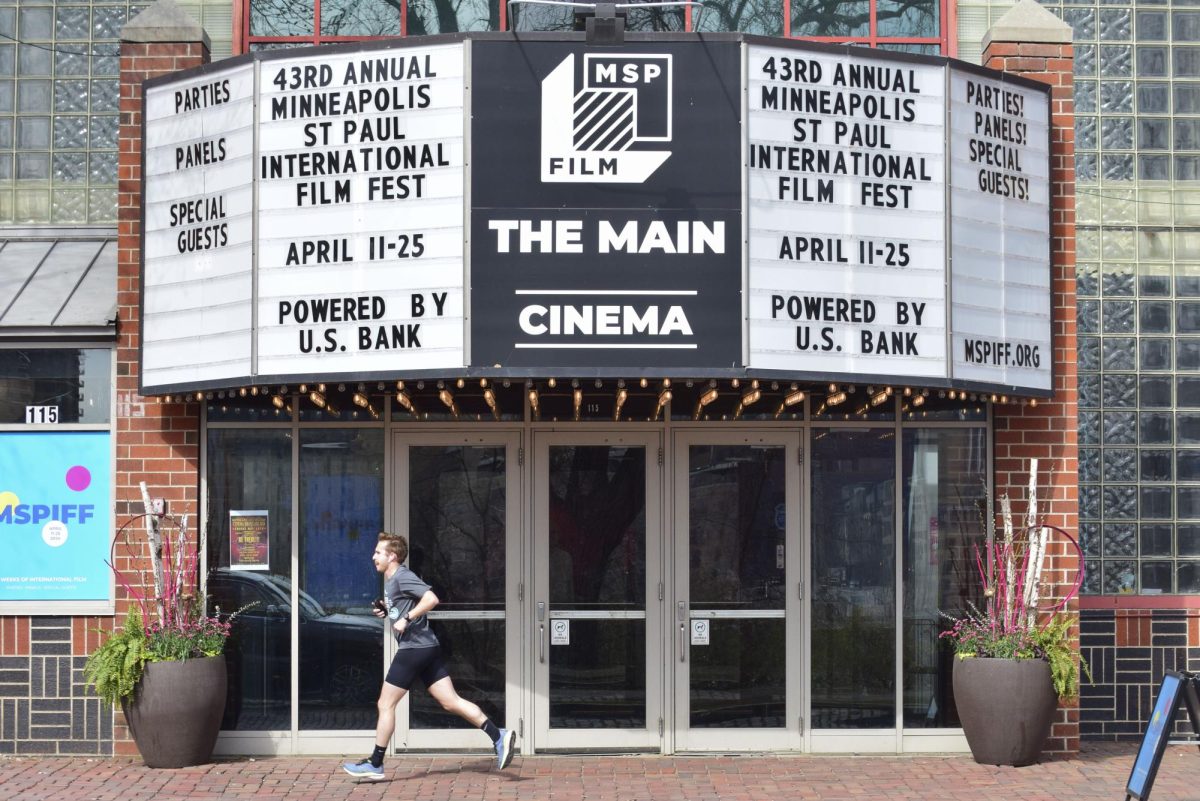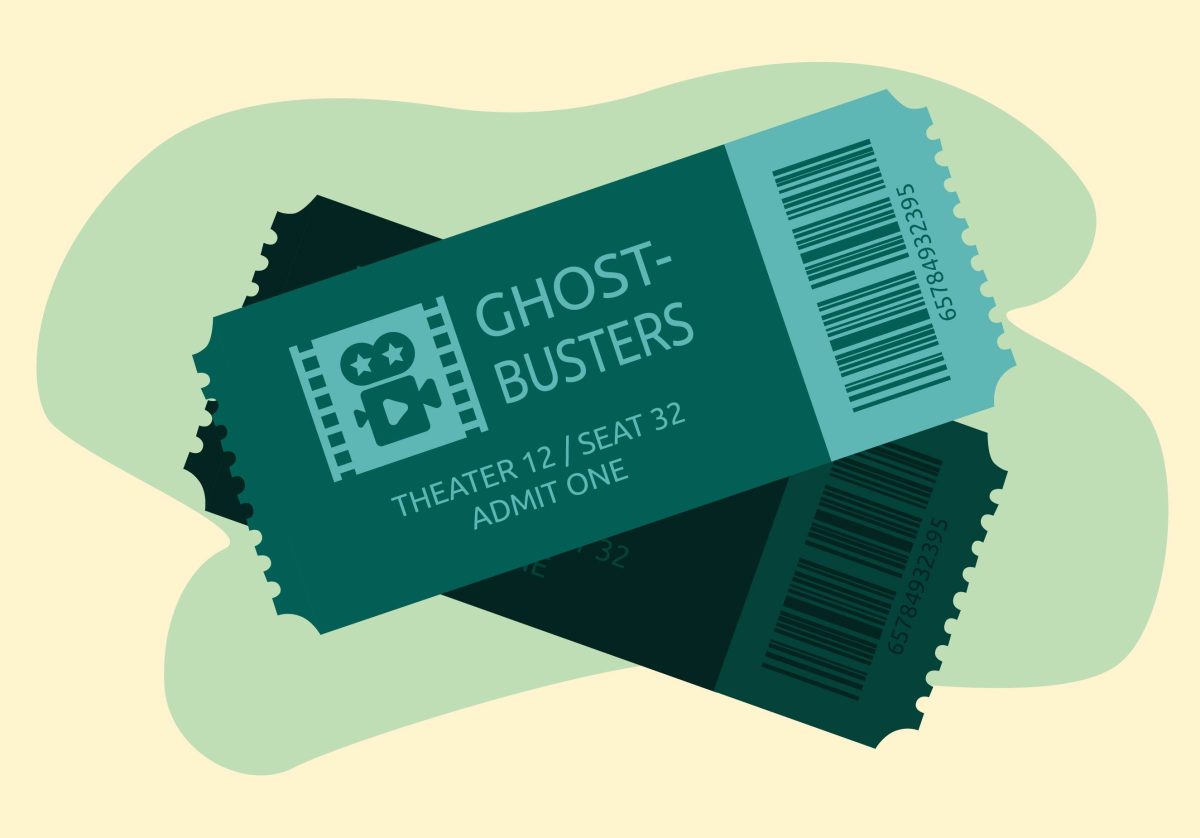What started as one man’s documentation of hatred in his country has grown into a grassroots global assault against the politics of hate he sees being legitimized around the world.
Director Rakesh Sharma paid for his documentary, “Final Solution,” out of his own pocket, determined to capture the racism he saw spreading throughout his native India.
On Feb. 27, 2002, 58 Hindus burned to death on an Indian express train, and in retaliation, reactionary politicians endorsed a campaign that resulted in the murders of 2,500 Muslims, the rape of hundreds of Muslim women and the displacement of more than 200,000 families.
For Sharma, such behavior is tantamount to fascism, and the documentary’s title is a reference to Nazism and its “final solution” – exterminating Jews in concentration camps during World War II.
Since mid-October, Sharma has been working his way across the United States with his film. He hopes to expose the U.S. South Asian community to what is going on back home and also illustrate the parallels between the politics of hatred in India and the United States.
“This documentary is about the politics of hate and intolerance,” Sharma said recently, in anticipation of the film’s screening Saturday at the Bell Auditorium. “It is about the long-term, devastating impact of state-supported violence against minorities.”
Originally banned by India’s Censor Board, Sharma said the government’s overreaction to his film was actually a blessing. “I believe it was Federico Fellini who said censorship is advertising paid by the government,” Sharma said.
“Final Solution” has since gone on to be recognized internationally, winning a special jury award at the Berlin International Film Festival and the Humanitarian Award for Outstanding Documentary at the Hong Kong International Film Festival.
But Sharma said he has found a new relevance for his work here in the United States.
“In the presidential election, you had two sets of candidates who promoted intolerance for another’s way of life and for another’s choices,” Sharma said. “It was all about who would kill (terrorists) better or hunt them down better, and once we look at why the South voted the way it did, it definitely falls in line with the politics of intolerance.”
Sharma said he has encountered two types of audiences with the film. “The first is people from the southern Asia region, and the second are people interested in both the region and world politics,” he said.
For Sharma, and many others he has spoken to at screenings, the primary concerns are those of globalization, in which increasingly powerful forces are squeezing out minorities and where multinational corporations exert an ever-greater influence on politicians and governments.
The impact of “Final Solution,” however, has shown Sharma the power of film in getting these messages out.
“People are concerned about what’s happening in the world and are interested in being more connected,” he said.
“The interest in the documentary form is the interest in looking at other ways of how truth is presented. That’s best exemplified by what’s happened to ‘Fahrenheit 9/11.’ It redefined the documentary viewing experience, and thanks to that, documentaries like mine are finding audiences all across the country.
“There is a heightened sense of curiosity – that people want to look at the world and see other views besides what the dominant media says here.”
And so, a most unlikely Indian documentary about a very painful Indian tragedy has fueled a global discussion that transcends Asia and documentary cinema. For Sharma, it has also launched him on a personal crusade to draw attention to the politics of hatred and intolerance, and outline the ideological battles that are fought every day.
When asked about his next project, Sharma said he isn’t completely sure, although he has been approached about entering Iraq to make a film that tells stories that are going untold in the U.S. media.
For now, he said, he is solely committed to his “Final Solution” tour and making sure the past is not repeated in the future.
“It’s what I have to do.”
















